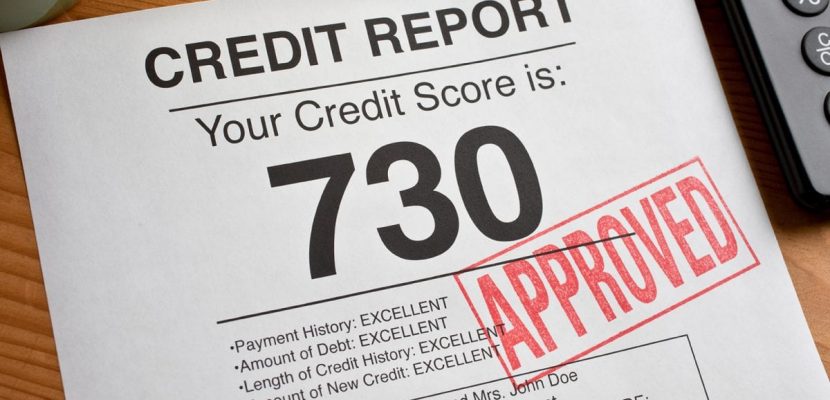
What Are A Credit History, Credit File, Credit Report and Credit Score
- Mark Edwards ·
- 0 Comments ·
- March 9, 2018
The difference between a credit score and a credit history can be confusing even to those who take care of their finances and make sure that their money affairs are in order. It’s imperative to keep track of both, because that allows you to borrow money easier and get into more lucrative business partnerships.
There are important differences between the two and they are used by different institutions and at different times.
Credit History
A credit history is exactly what it sounds like – it’s a service that keeps track of all of your interactions with lending institutions. This info is used by every other financial institution where you ask for a loan. It’s done by a private company and there are a limited number of them because this job requires a lot of technical skills and deals with sensitive personal data.
It’s important to be aware of what kind of data is stored in your credit history – it’s usually much broader than you think. Every time you apply for a loan or a service that requires you to pay bills within a timetable, it gets recorded in your credit history.
This goes beyond just looking for a loan. The history also contains information about the cellphone companies you use and how regularly you pay your phone bills.
Credit File
The data that credit report agencies receive about your financial actions gets recorded in a file and the file is updated on regular bases. This means that new activities get recorded as they keep coming in but they are also deleted as well.
The file contains your personal info and the information about loans you’ve applied for. It also saves the information about the loans you have already paid and how promptly and regularly you’ve done that. In the end, it contains info about the loans you have tried to get and didn’t manage to.
It’s important to note two key features about this file. First of all, the data gets deleted on regular bases – it ranges from two to seven years based on the type of data. The personal information is kept forever. Also, the file could be preserved by more than one agency, which means that the data can vary slightly.
Credit Score
The credit score or credit rating is often called the most important number in your business life. This is a bit of an overstatement. There are small personal loans you can obtain regardless of your credit score. These small loans are often what small businesses need to get their foot through the door and start building their credit score.
There are five major factors that determine your score. They are not all equally important, but you should pay attention to all of them. The amount owed is only 30 percent of the score. You can owe quite a lot of money if you pay it on time. The payment history tracking is responsible for additional 35 percent of the score and if you miss just one payment, it can affect the score greatly.
The length of your credit history adds additional ten percent to the score. It’s good to have a long credit history because that means you’ve managed loans before. Ten percent of the score depends on the number of new loans that you have and something that’s called a credit mix, which means that you should use a variety of financial services over time.
Credit Report
A credit report is basically a snapshot of your credit file. It’s what your credit file contains at the moment you’re obtaining a copy. This is a service that you might need for a variety of reasons. First and foremost, it’s used for applying for loans, but it can also be used when establishing business partnerships or starting companies.
Obtaining the report can take a few days it’s usually free the first time. However, there are some fees if you need to see the report more frequently than that.
How Important Are They?
Credit history, score, report and file are important tools used to determine how eligible you are to use a variety of financial services. They all contribute to your chances to get a loan or a rate that might suit your needs in terms of starting a business or making a large purchase. The best way to improve all of them is to be responsible with your money. You need to take out loans in order to establish a credit history, but you should always repay them in a timely manner and never go far beyond your means.
There’s a difference between all of these ways of appraising your credit abilities and it’s important to understand them before making any financial decisions that could affect your future.
